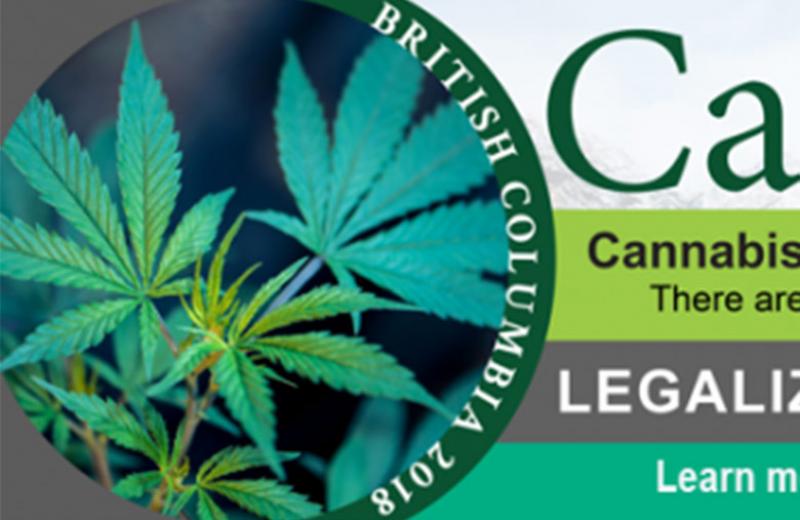Cannabis is now legal for adults to use in Canada. No matter which side of this change you stand, the quest for knowledge, debate, and conversation about this subject is impressive. People are looking for accurate information to make informed choices, creating a great window of opportunity for individuals, families, organizations, schools, and communities to consider their substance use practices, policies, prevention strategies, and goals. It’s a great time to consider ways to promote and protect health from substance use harms.
Public health experts across the country (including Northern Health’s medical health officers) support legalization and regulation of non-medical cannabis. While we recognize that there are risks attached to this, we believe there are ways to mitigate the risks and that the potential benefits outweigh the risks.

Some of the expected benefits to legalization through a public health approach include:
- Decreased use of cannabis among youth.
- Safer products with known potency.
- Increased control over advertising and distribution.
- Reduced stigma.
- Reduced enforcement costs.
Some key points to know:
- Cannabis is not a benign substance. The only way to be risk-free is not to use.
- There are lower and higher risk ways to use cannabis.
- Cannabis affects people differently, and individuals should consider their own situation before consuming.
- Delay use as long as possible – youth are at increased risk to experience harm from cannabis.
- You may be at increased risk if you are pregnant or breastfeeding, have personal or family history of psychosis or substance use problems.
- If you are using cannabis and are in a higher risk bracket, you should consult your local health care team to consider your options for reducing potential harm.
- Regular habitual use can cause psychological and physical dependence.
- Cannabis impairs your ability to drive a car. Visit Don’t Drive High for more info.
- Cannabis can be smoked, vaporized, applied to the skin, or ingested in food or drinks. Different methods of consumption carry different risks just like different potency and different products.
- Smoking cannabis can harm your lungs – like smoking tobacco.
- Ingesting cannabis through food has delayed response – so be aware and don’t take more thinking it hasn’t had an effect.
- Edibles and topical are not legal in Canada at this time.
- There remains a lot of unknowns with cannabis use and its effects.
More resources:
- Get Cannabis Clarity – information on what’s legal, health information, safe communities, safe kids, safe roads, legislation.
- Canadian Centre on Substance Use – information on youth substance prevention, health effects, and reports.
- Here to Help BC – mental health and substance use information, screening tools, and self-help resources.














Comments